 Always on our minds as we work to bring new items into the library is that every individual is entitled to see themselves reflected in a book, a magazine, a newspaper, and in everything we offer.
Always on our minds as we work to bring new items into the library is that every individual is entitled to see themselves reflected in a book, a magazine, a newspaper, and in everything we offer.
That is why Smiley Library is happy to report the recent addition of the print version of Black Voice News” to our collection of newspapers. Its arrival is timely as we enter our annual celebration of Black History Month in February. This year marks the centennial anniversary with the theme, “A Century of Black History Commemorations.”
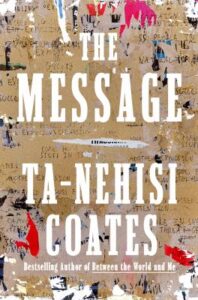 The Black Voice News (BVN) may be new to the Library, but it is not new to the community. Conceived of in 1972 by students attending the University of California at Riverside, it was purchased in 1980 by Hardy and Cheryl Brown, who became its publishers (now emeritus publishers) and formed Brown Publishing Company. For more than 50 years, the weekly publication has “chronicled some of the most important stories impacting the lives of Black Californians, and given “voice” to the community while expanding its scope of civic involvement.” (Source: BVN) Based in Riverside, the newspaper covers Riverside, as well as the Inland Empire. Find it online at BlackVoiceNews.com.
The Black Voice News (BVN) may be new to the Library, but it is not new to the community. Conceived of in 1972 by students attending the University of California at Riverside, it was purchased in 1980 by Hardy and Cheryl Brown, who became its publishers (now emeritus publishers) and formed Brown Publishing Company. For more than 50 years, the weekly publication has “chronicled some of the most important stories impacting the lives of Black Californians, and given “voice” to the community while expanding its scope of civic involvement.” (Source: BVN) Based in Riverside, the newspaper covers Riverside, as well as the Inland Empire. Find it online at BlackVoiceNews.com.
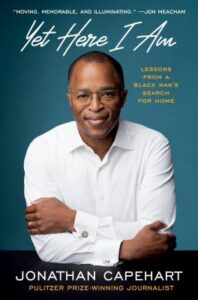 This dedication to giving a voice to community members, in the format of reputable journalism, is vital for a democracy striving to reach the ideal of ensuring equality among all its diverse groups. Many Americans of color, especially Black Americans, have long reported that their stories, their accomplishments, have all too often been left out of the history books. We need to insist that each story matters, that memory matters, and that shared history requires guardians.
This dedication to giving a voice to community members, in the format of reputable journalism, is vital for a democracy striving to reach the ideal of ensuring equality among all its diverse groups. Many Americans of color, especially Black Americans, have long reported that their stories, their accomplishments, have all too often been left out of the history books. We need to insist that each story matters, that memory matters, and that shared history requires guardians.
And so, on to more of our guardians: Listed below are newer books to the Library that share this vision, their authors aiming their points of view through the lens of journalism and publishing.
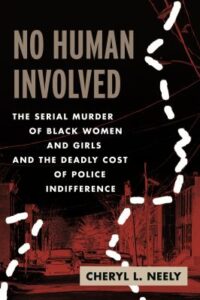 The Message by Ta-Nehisi Coates. A correspondent for The Atlantic, the renowned author of Between the World and Me journeys to three resonant sites of conflict to explore how the stories we tell–and the ones we don’t–shape our realities, reminding us that there is need to hear many stories, not just one. Coates suggests that storytelling of an ideological nature–even his own and his own family’s–omits too much, and that what is ultimately needed to arrive at justice is fact-based reporting.
The Message by Ta-Nehisi Coates. A correspondent for The Atlantic, the renowned author of Between the World and Me journeys to three resonant sites of conflict to explore how the stories we tell–and the ones we don’t–shape our realities, reminding us that there is need to hear many stories, not just one. Coates suggests that storytelling of an ideological nature–even his own and his own family’s–omits too much, and that what is ultimately needed to arrive at justice is fact-based reporting.
Yet Here I Am: Lessons from a Black Man’s Search for Home by Jonathan Capehart. Pulitzer Prize winning writer, editor, and TV host, Capehart recounts powerful stories from his life about embracing identity, picking battles, seizing opportunity, and finding his voice.
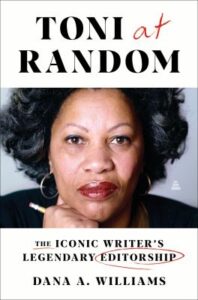 No Human Involved: The Serial Murder of Black Women and Girls and the Deadly Cost of Police Indifference by Cheryl L. Neely. The author, a sociology and criminology professor, sets out to show how Black women are killed at a higher rate than any other group of women, but their victimhood is not covered by the media and their cases do not receive an adequate level of urgency.
No Human Involved: The Serial Murder of Black Women and Girls and the Deadly Cost of Police Indifference by Cheryl L. Neely. The author, a sociology and criminology professor, sets out to show how Black women are killed at a higher rate than any other group of women, but their victimhood is not covered by the media and their cases do not receive an adequate level of urgency.
Toni at Random: The Iconic Writer’s Legendary Editorship by Dana A. Williams. Drawing on extensive research and firsthand accounts, this comprehensive study discusses the legendary novelist Toni Morrison’s largely unknown early career working for Random House, emerging as one of its most important editors who transformed the broader literary landscape and deepened the cultural conversation, shaping Black literature into the mainstream.
Black history, as is the history of any group of people in the United States, is American history—is our history. We invite you to come into the Library and find these and other excellent offerings on display in honor of that shared history.
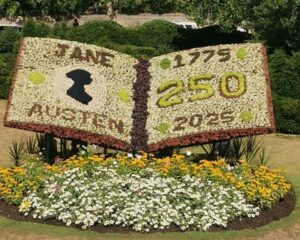 “You may find me to be a bit hasty in my congratulations, Miss Austen, yet I cannot contain my enthusiasm! I must wish you a most felicitous semiquincentennial celebration, the 250th anniversary of your birth!”
“You may find me to be a bit hasty in my congratulations, Miss Austen, yet I cannot contain my enthusiasm! I must wish you a most felicitous semiquincentennial celebration, the 250th anniversary of your birth!”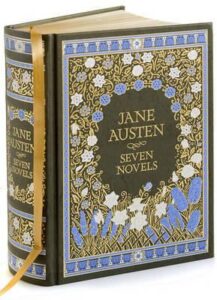 If you have not read any of her core novels—of which there are only six—I recommend you pick up one. It doesn’t matter which one; I happened to have read first, “
If you have not read any of her core novels—of which there are only six—I recommend you pick up one. It doesn’t matter which one; I happened to have read first, “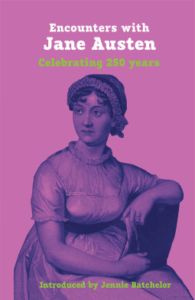 Books published this year are no exception. Coming to Smiley Library soon is a celebratory collaboration of ‘love letters’ from writers, actors, critics, and scholars alike, “
Books published this year are no exception. Coming to Smiley Library soon is a celebratory collaboration of ‘love letters’ from writers, actors, critics, and scholars alike, “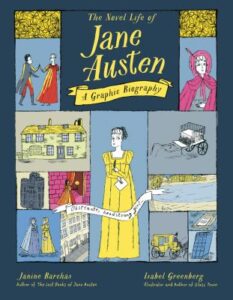 Another tribute arriving in 2025 in a fresh format for our featured author is “
Another tribute arriving in 2025 in a fresh format for our featured author is “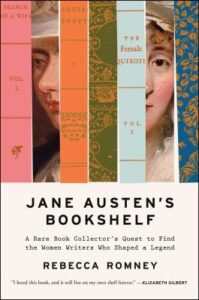 For those of us who have read and enjoyed Miss Austen’s work so much that we seem to ache for ‘more Austen!,’ Rebecca Romney has brought us a gift in “
For those of us who have read and enjoyed Miss Austen’s work so much that we seem to ache for ‘more Austen!,’ Rebecca Romney has brought us a gift in “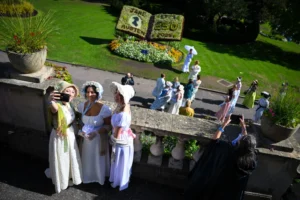 I will take my leave of you now, dear readers, with a few more titles with which to enhance the J.A. festivities. I surmise that you may not have read “
I will take my leave of you now, dear readers, with a few more titles with which to enhance the J.A. festivities. I surmise that you may not have read “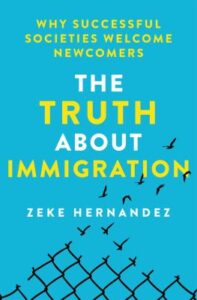 The United States was founded by a population of immigrants, mostly citizens of England who left for various reasons–some to escape poverty, some to acquire land in the Americas, and some to escape religious persecution, ultimately displacing the native peoples who were here upon the immigrants’ arrival.
The United States was founded by a population of immigrants, mostly citizens of England who left for various reasons–some to escape poverty, some to acquire land in the Americas, and some to escape religious persecution, ultimately displacing the native peoples who were here upon the immigrants’ arrival.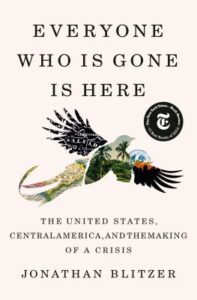 “
“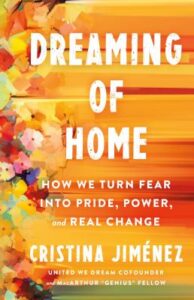 Bestseller “
Bestseller “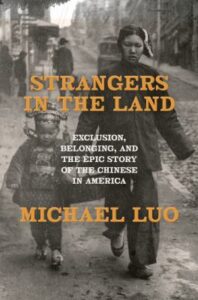
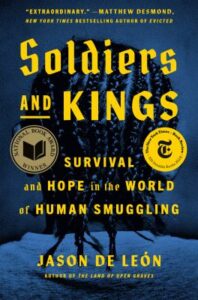 Additional excellent titles on the subject include: “
Additional excellent titles on the subject include: “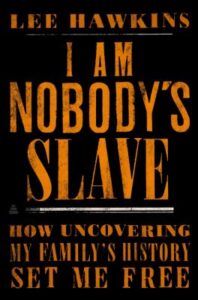 President Abraham Lincoln, in his Emancipation Proclamation, declared, “…all persons held as slaves within any State or designated part of a State… shall be then, thenceforward, and forever free…”
President Abraham Lincoln, in his Emancipation Proclamation, declared, “…all persons held as slaves within any State or designated part of a State… shall be then, thenceforward, and forever free…”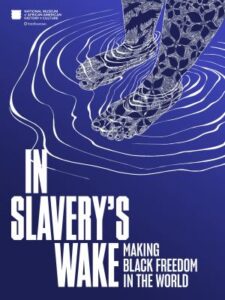 “
“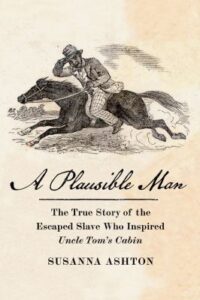 “
“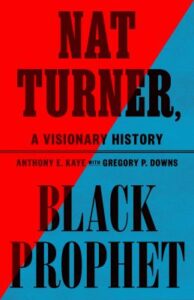 “
“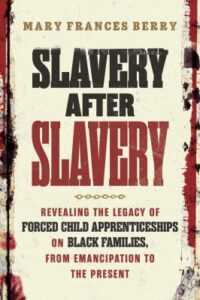 Additional related titles include:
Additional related titles include: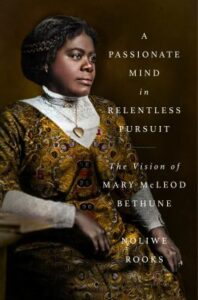
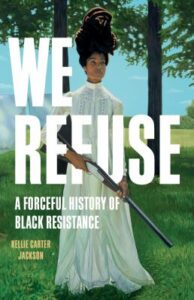
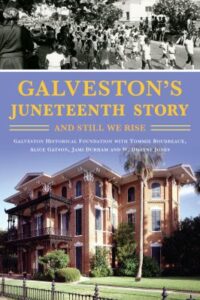
 The first statements in the
The first statements in the 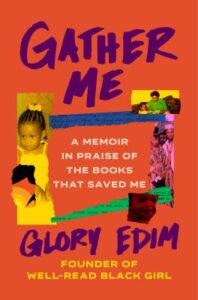 The importance of accessibility to disparate voices in literature is apparent in our complementary selection awarded as the NPR Best Book of the Year,
The importance of accessibility to disparate voices in literature is apparent in our complementary selection awarded as the NPR Best Book of the Year,